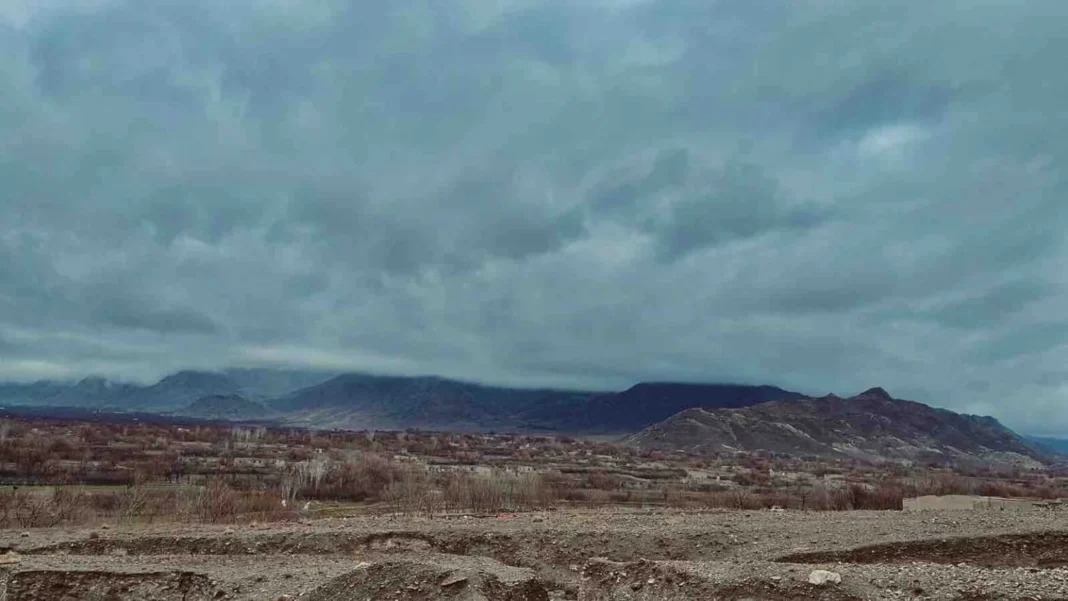By Fatima Chaudhary
In recent years, Pakistan has witnessed a disturbing surge in blasphemy allegations and mob justice incidents, highlighting the fragile state of law and order. The recent incident of staged police encounter of Dr. Shahnawaz Kunbhar in Umerkothighlight the gravity of this issue. The Sindh Home Minister confirmed that an investigation had revealed Dr. Kunbhar’s killing was not a legitimate police operation but a premeditated murder disguised as law enforcement action. This incident, emblematic of broader issues in Pakistan, underscores the dangerous confluence of radicalization, misuse of blasphemy laws, and state inaction.
Dr. Kunbhar was accused of sharing blasphemous content on social media under Section 295-C of the Pakistan Penal Code, which pertains to derogatory remarks about the Prophet Muhammad, an offense punishable by death. Arrested and placed under “protective custody,” Dr. Kunbhar was later transferred to Mirpurkhas, only to be killed by Sindhri police in what was claimed to be a retaliatory encounter. The police alleged that the doctor and his “accomplices” had opened fire, leading to his death. However, the investigation later revealed this to be a fabricated narrative.
Even after Dr. Kunbhar’s body was handed to his family, a mob re-emerged, setting his remains on fire in a brutal display of lawlessness. Despite the outcry that followed and Sindh Chief Minister Murad Ali Shah’s call for an inquiry, the incident served as a grim reminder of the extent to which mob justice has gripped the country.
The roots of Pakistan’s blasphemy laws stretch back to colonial India, where they were first introduced by the British in 1860. These laws were designed to protect religious sensitivities and maintain communal harmony. However, under General Ziaul Haq’s regime (1977-1988), the laws were expanded to serve political ends. Zia’s amendments, particularly from 1980 to 1986, intensified the penalties and created a fertile ground for accusations of blasphemy to be used as a tool for personal vendettas and to stoke sectarian tensions.
Zia’s political Islamization not only entrenched the blasphemy laws but also laid the foundation for a growing culture of intolerance. His regime promoted religious zealotry, narrowed educational curricula, and aligned with extremist ideologies, particularly during the Afghan war against the Soviet Union. This period saw a dramatic rise in extremism, radicalization, and the normalization of mob justice as an extrajudicial response to accusations of blasphemy.
Blasphemy allegations in Pakistan have taken on a life of their own, with devastating consequences for those accused, often without evidence or trial. According to the National Commission for Justice and Peace, from 1987 to 2022 over 2000 people were accused of blasphemy, including around 900 Muslims, 700 Ahmadis, 300 Christians, and 50 Hindus. These figures reflect the widespread and often indiscriminate nature of blasphemy accusations.
The assassination of high-profile figures like Governor Salman Taseer and Minister Shehbaz Bhatti, both of whom advocated for reform of the blasphemy laws, further illustrates the dangers faced by those who attempt to address this issue. The case of Mashal Khan, a university student who was falsely accused of blasphemy and lynched by a mob in 2017, shows how deeply mob justice has penetrated Pakistani society. These examples highlight the urgent need for comprehensive legal reform and the protection of all citizens, regardless of their religion or social status.
The rise in radicalization across Pakistan has fueled the increase in mob justice, particularly when it comes to blasphemy allegations. The indoctrination of extremist ideologies has seeped into many aspects of life, with religious intolerance and violent responses becoming normalized. In many cases, the state has been either unwilling or unable to curb the influence of radical groups that incite violence in the name of religion.
Educational institutions, too, have played a role in fostering this radicalization. The curriculum changes introduced during Zia’s era, which emphasized a narrow interpretation of Islam, have cultivated a generation more inclined to resort to violence when their religious beliefs are challenged, real or imagined. This environment has emboldened mobs to take the law into their own hands, often with little fear of reprisal from law enforcement.
The state’s failure to implement strong legal reforms has only exacerbated the problem. While there have been sporadic calls for amending the blasphemy law, such as the bill proposed by Sherry Rehman in 2010, political pressure from religious groups has stifled any meaningful progress. This reluctance to address the issue has left the country at the mercy of mob justice.
The most concerning aspect of the current situation is the lack of decisive action from the government to address these extrajudicial killings and the misuse of blasphemy laws. While the government has occasionally taken symbolic steps, such as suspending police officers or ordering inquiries, there has been no sustained effort to overhaul the blasphemy law or curb the rising tide of mob justice.
The Constitution of Pakistan, while identifying the country as an Islamic republic, also guarantees the protection of all its citizens, regardless of their religious affiliations. Yet, the state’s repeated failure to protect individuals accused of blasphemy and prevent mob violence speaks to a deeper issue of governance and law enforcement. The state’s apathy, or perhaps even complicity, in these cases sends a dangerous message: that mob justice is an acceptable substitute for due process.
Pakistan’s deteriorating law and order situation, combined with the increased radicalization of its population, has led to a rise in blasphemy allegations and mob justice. The tragic case of Dr. Shahnawaz Kunbhar is just one example of how a broken system has allowed violence to flourish unchecked. Without significant legal reforms and a strong stance from the government, Pakistan risks further entrenching a culture of intolerance and impunity.
Fatima Chaudhary is a lecturer at a private university in Punjab province.
Note: The contents of the article are of sole responsibility of the author. Afghan D

